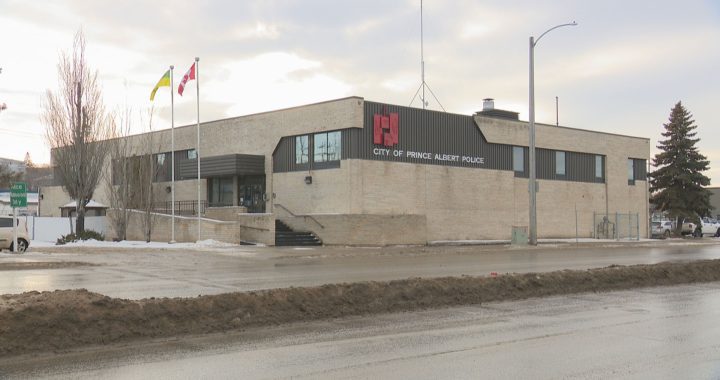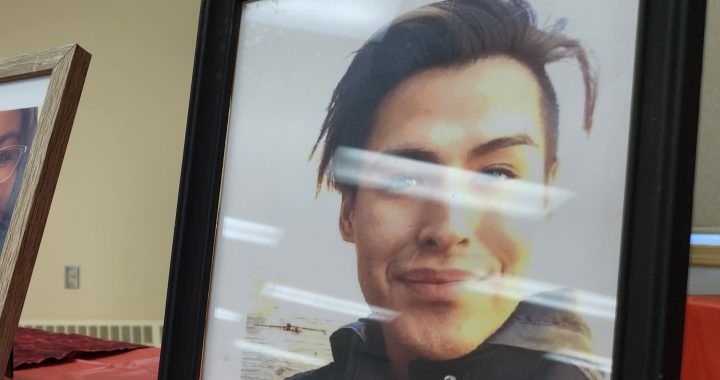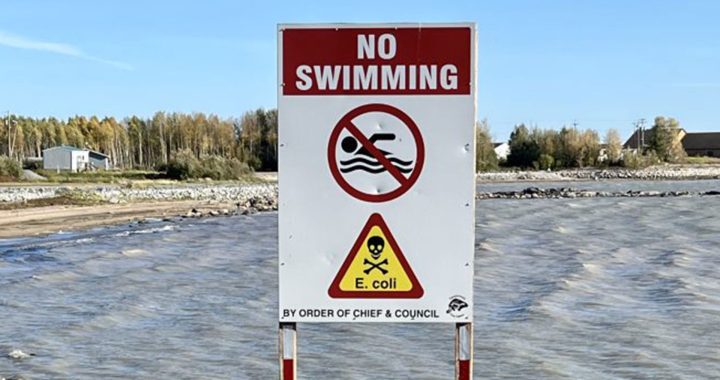(Vancouver lawyer Stephen Bronstein seen entering court. APTN photo)
By Kathleen Martens
APTN Investigates
WINNIPEG – A Vancouver judge is unhappy with the way a residential schools compensation lawyer is complying with her orders.
A court document shows Stephen Bronstein of Vancouver is not handling his Independent Assessment Process (IAP) cases the way Justice Brenda Brown wanted.
“This court is concerned with whether Bronstein (and Company) can process all of its remaining IAP claims in a manner that is consistent with the terms detailed in the 2013 order,” Brown said in a new decision in August. “The practices that I ordered Bronstein to adopt were meant to ensure that Bronstein complete its remaining IAP claims in accordance with best practices in the handling of Indian residential school claims.”
Instead, the court-appointed monitor told Brown it had trouble reaching Bronstein, accessing his IAP files, and discussing his work with the court-appointed practice supervisor.
The firm employs Bronstein and two other lawyers, who represent hundreds of former students across British Columbia and the Prairies.
“Since the 2013 order, the court monitor…has expressed concern with the practices of Bronstein,” Brown wrote. “The monitor now asks the Bronstein’s IAP files be transferred to alternative counsel.”
Brown has removed IAP files from a lawyer before – David Blott of Calgary. After endorsing a $3.5-million dollar investigation into his legal work with former students, the results led her to kick him out of the IAP and transfer his files to other lawyers. Blott has since laid off staff, closed his firm and resigned from the Law Society of Alberta.
He’s still on the hook for the cost of the investigation and other expenses. He is also being sued by his former IAP clients for alleged ethical and legal misconduct.
But Brown has taken a different tack with Bronstein.
She rejected the call for a full investigation and allowed him to remain in the IAP with a promise to follow her rules to get his hundreds of files processed on time. The IAP program is scheduled to end in the spring of 2016.
“However, the court is not yet prepared to order that files be transferred to alternative counsel,” Brown wrote. “Consequently, the court directs that this matter be adjourned to provide Bronstein an opportunity to provide a report and affidavit attesting to how Bronstein will complete its remaining IAP claims in a manner consistent with the 2013 order.”
She further ordered that Bronstein give the monitor access to his practice advisor.
Bronstein represents students in their claims for compensation for physical and sexual abuse inflicted at Canada’s notorious residential schools. Until 1996, Aboriginal children were taken from their homes and communities and educated in church-run residential schools. They grew up away from their families and culture, and many suffered sexual and other abuse.
The government of Canada apologized in 2008, and committed to paying compensation under the terms of a class-action settlement agreement. The monitor oversees the administration of the agreement and reports problems to supervisory judges like Brown.
Bronstein’s firm only handles IAP cases. In 2012, Brown severed his connection with paroled murderer Ivan Johnny, who said Bronstein hired him to recruit IAP clients and handle their paperwork. Johnny was returned to prison and has yet to speak publicly about his relationship with Bronstein.
Brown barred Johnny from further participating in the IAP, after claimants said he threatened them with bodily harm and allegedly stole compensation money.
Since then, the monitor says Bronstein has not contacted the Johnny clients.
“(The monitor says) Bronstein did not discuss with these clients the scope and nature of their lawyer-client relationship, nor the contingency fee agreement. These tasks were left to Mr. Johnny, who was not a lawyer. Further, because of the number of these clients and the distance which they live from Bronstein’s practice, Bronstein does not meet with these clients in person prior to their (IAP) hearings.”
The monitor says lawyers on the files are always changing, leaving clients to attend hearings with a lawyer they don’t know. It says the associate lawyers on staff don’t appear to have any IAP experience. And it says Bronstein has more files than resources and is unlikely to process them all before the deadline.
“Further, measures taken to address this issue (such as the practice of scheduling back-to-back hearings) risk compromising the quality of legal service.”
The monitor says Bronstein refused its request to speak to the practice advisor about its concerns. At the very least, it argued, the Johnny files should be transferred to other lawyers.
A court-ordered publication ban, first reported in 2013, still prevents APTN Investigates from identifying the Johnny clients or revealing their communities.
Bronstein rejected the monitor’s concerns. His lawyer told court the practice advisor had reported no concerns about his client’s work. He called it a “radical measure” to sever the lawyer-client relationship and suggested removing counsel would “cause prejudice to its clients.”
Bronstein was told to deliver a plan for meeting the IAP deadline, complete with timelines, names of lawyers handling each case, and how they would meet IAP best practices for serving clients.
He was also ordered to swear and deliver an affidavit to this effect, along with a list of how many cases he’d have to transfer to other lawyers to meet the 2016 deadline.
Brown also granted the monitor – Crawford Class Action Services – access to the practice advisor on an ongoing basis to discuss Bronstein’s IAP work.
The matter comes back before Brown in Vancouver Supreme Court next week.










